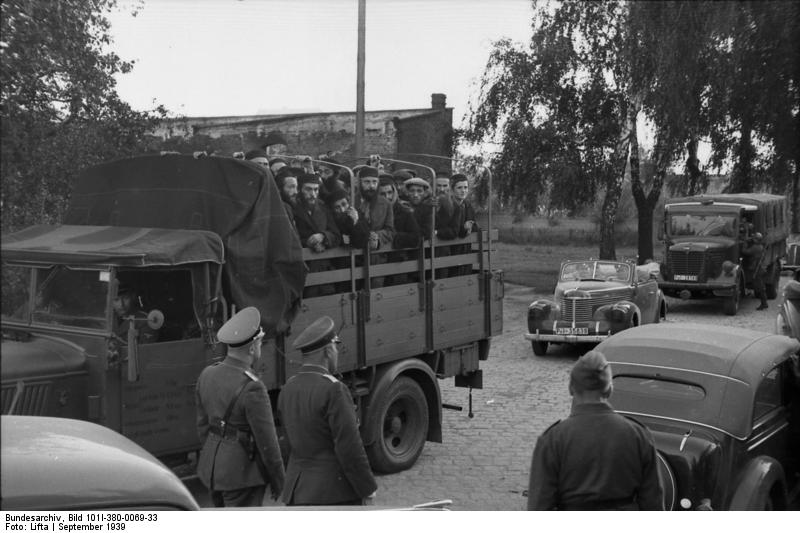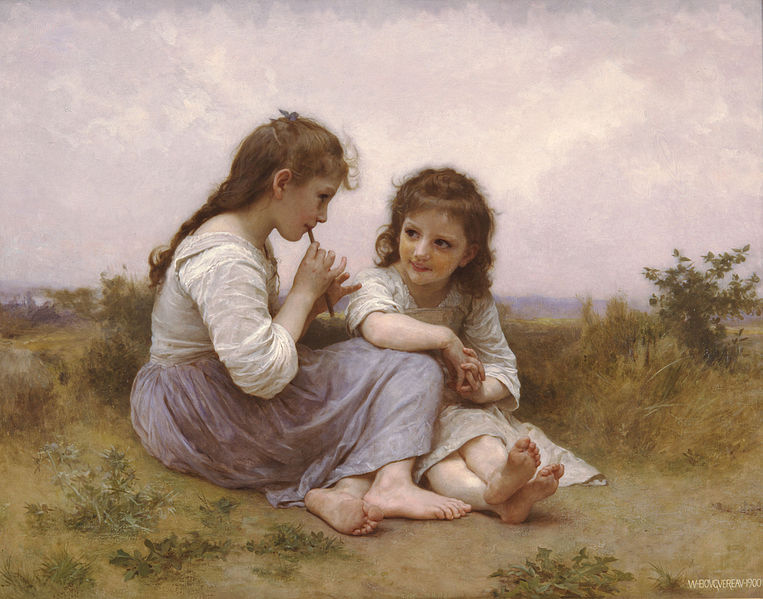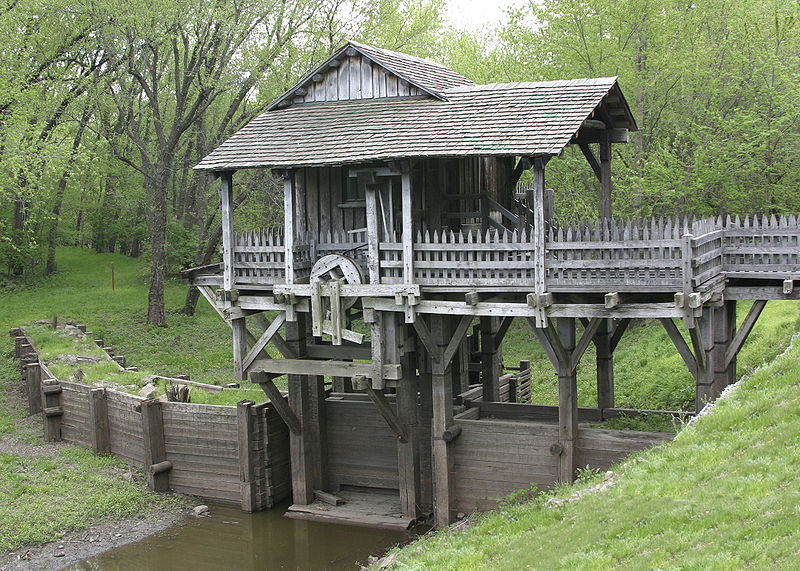029.
Son From America. Isaac Singer Story. Reintroduced By P S Remesh Chandran
Editor, Sahyadri Books & Bloom Books, Trivandrum
First published: 11th Jul 2011
However severe they persecute me, I will not leave my soul alone, nor leave it polluted.
Son From America. Isaac Singer Story. Reintroduced By P S Remesh Chandran
Editor, Sahyadri Books & Bloom Books, Trivandrum
First published: 11th Jul 2011
The Jews are a race hunted down and persecuted through centuries and generations. In whichever countries they migrated and escaped to, they did well and made a decent living. Their endurance before endless adversities owes to the simplicity in their lives. They even reached Cochin Kerala centuries earlier in quest of a quiet life. Now they have their home land to where they are returning, again to fight for the existence of their nation. Won’t the world leave them alone?
However severe they persecute me, I will not leave my soul alone, nor leave it polluted.
 |
| Comm. Joselewicz dies in the military uprising in 1867. |
The Son From America is a short story by the famous Jewish writer Isaac Singer who won the Nobel Prize for Literature in 1978. He usually wrote about the lives of Jews who lost their homeland and settled in various countries. Among such people, an old man named Berl and his wife Berlcha settled in the peaceful village of Lentshin in Poland. Lentshin was such remote and far from civilization that city news rarely reached there. The village had small thatched houses, almost all the inhabitants were farmers and there were no thieves. Like the other inhabitants, Berl and Berlcha led a simple, humble and satisfied life. They had half an acre of land, a cow, a goat and some chicken. They all lived in that little hut together.
 |
| Inside Cochin Synagogue in Kerala, built in 1568. |
Most of the young men of the village had gone abroad. Many had gone to America, including Berl's son Samuel. He had been in America for forty years and regularly sending money. Berl had cashed it, but was not spending it, as the family had no need of it. He kept the money inside an old boot in his home. One day his son Samuel unexpectedly arrived from America after forty long years. He had sent a telegram which did not reach the village. Berl and Berlcha were much excited and delighted to see their son. Their neighbours came in flocks to see how he looked like, but did not accept any of his gifts. None of them needed anything.
Rustic tranquillity of a Polish village untouched by the pollutants of riches.
 |
| Cochin Jewish Inscription in Kerala in India. |
Samuel was shocked to see the simplicity of his home. It was a simple thatched hut with barely room enough for all. The cow, the goat, the chicken and his parents all lived together in the same room peacefully. Life untouched by the pollutants of riches allows for and provides for the co-existence of man and bird and beast. Samuel had expected a huge house in place of the old hut. He asked his father why the large sums of money sent to him were not expended. His father replied that he did not need it and that they were satisfied and self- sufficient with the earnings from their land, cow, goat and chicken. Samuel then knew that the rustic tranquillity of this Polish village would never be touched by the pollutants of riches such as ostentation, vanity, pride, splendour and luxury. Even then he had to account for his decisions regarding the future of his village as an envoy from an organization.


In old age one needs praying alone, and may be said to be living so long as he remains healthy.
 |
| A simple Jewish home in a village in Poland. |
Samuel had great plans for his village. The young men from Lentshin Village in America had formed a ‘Lentshin Society’ in New York. They had all prospered well in America and had amassed a huge amount in their society as their contributions, to be utilized later solely for their home village in Poland. They had many plans for the welfare and development of their home village. It was carrying their huge amounts of money that Samuel arrived as their representative. Now he is in a dilemma. Their village seemed to need nothing. There were only old people there. An old man Samuel met in the Synagogue told him that in old age one needed praying alone, and that one may be said to be living so long as he remains healthy. They did pray and did have health. So Samuel intimated his intention to build a new Synagogue for the village and a home for the aged. But he was dissuaded, as the existing Synagogue was enough and they all had their homes.
The opulence of imperial persecution retaliated with rustic simplicity in life.
 |
| Kazimierz the Great and the Jews, a 19th century painting. |
Samuel brought money, but his village had no use of it which was his dilemma. Such simple, satisfied and self sufficient a rustic life strongly reminds us of the characteristics of a happy life as described by Alexander Pope in his poem The Ode On Solitude. One thing also is to be remembered here. The Jews were a race hunted through centuries and through generations. They were arrested, tortured, executed, transported, relocated and scattered throughout the world for no fault of their’s but for religious misconceptions of the world. In Russia, in Germany, in Poland: their hunting and persecution was continuous. Wherever they were scattered, this simplicity in life was what sustained them.
That mad dog that we called Hitler which sent millions to gas chambers and firing pits, not even sparing little children and old women.
 |
| Transportation and re-location of Jews in 1939. |
When at last a home was found for them, by the intervention of world nations, it was just like as island in the middle of a sea of hostilities. We know they laid plastic over bomb-burned soil, lorry-loaded fresh soil above it, planted crops and survived. They deserve the respect of mankind and human society for showing us the fine example of enduring relentless adverse living conditions and undeserved persecution from the political Brahmins of this world. That mad dog that we called Adolph Hitler sent millions of them to gas chambers and firing pits, not even sparing little children and old women. The world is duty-bound to help their nation and its people whom we all wronged.
It is time the Jews turn to discovering petrol from plant leaves so that their friends would stay.
 |
| Jews in Poland lined up for identification. |
It is particularly to be noted here that nations, people and political parties in this world are unstable and wavering in their opinions of and approach towards the Jews. The only nation that remained unwavering, stable and steady whatever may come and still remains so, devoted to their cause as earlier, is the United States of America which deserves praise, and which reflects the lofty principles upon which this nation was founded. It has now become a fashion to denounce and condemn the Jewish nation so that a few drops of precious oil could be secured. It is time the Jews turn to discovering petrol from plant leaves so that they can retain their friends.

___________________________
Pictures Courtesy: Wikimedia Commons
___________________________
Dear Reader,
If you cannot access all pages of P.S.Remesh Chandran, Editor, Sahyadri Books & Bloom Books, Trivandrum, kindly access them via this link provided here:
https://sites.google.com/site/timeuponmywindowsill/wiki-nut-articles
Tags 
___________________________
Pictures Courtesy: Wikimedia Commons
___________________________
Dear Reader,
If you cannot access all pages of P.S.Remesh Chandran, Editor, Sahyadri Books & Bloom Books, Trivandrum, kindly access them via this link provided here:
https://sites.google.com/site/timeuponmywindowsill/wiki-nut-articles
American Literature, English Literature, History Of Poland, Isaac Singer, Jewish Authors, Jews In Poland, Lentshin Village In Poland, Migration Of The Jews, P S Remesh Chandran, Reintroductions, Relocation Of Jews, Russian History, Sahyadri Books Bloom Books Trivandrum, Short Stories, Story, The Son From America, Transportation Of Jews
Comments
 rama devi nina
rama devi nina11th Jul 2011 (#)
Congrats on your star page. This is well researched and presented with superb photos. I have visited that synagogue in Cochin a few times. Nice to see it written of here!
 PSRemeshChandra
PSRemeshChandra11th Jul 2011 (#)
Dear Rama Devi Nina,
It seems you have travelled through and visited almost all beautiful places which I very much wished to visit but never did. Thank you for going through the article and complimenting it. When I was a school boy, what I heard most was about the Palestine Refugees who lost their home land. It was their plight that kindled revolutionary spirits in me as I grew older. In my very early teens I wrote and published a long song Before The Dawn Rises (Prabhaathamunarum Munpe in Malayaalam) as I always wished to cherish in human minds the picture of the Palestinian Fighters destined to live in and move through the dark in forests, training more among them to perish for their cause, without leaving behind a trace of their very existence in this dear world. Within that time I had read and known much about the centuries-old flight and plight of the Jews and their connection with the decisions after the Second World War and with the Palestine problem. I sympathize with both these people who I think are my brothers. There were many famous Jewish Business Houses such as the S.Coder's and the Spencer's in Trivandrum. I know many of them were in Cochin also. When they all closed their businesses and returned to their homelands, many grieved as if family members were going away, for ever. I like to think that the Palestinians and the Jews will someday embrace each other and drink tea from the same samovar. Anyway Ibrahim and Abraham are but one and the same.
Meet the author
PSRemeshChandra
Editor of Sahyadri Books & Bloom Books, Trivandrum. Author of several books in English and in Malayalam. And also author of Swan : The Intelligent Picture Book.
PSRemeshChandra
Editor of Sahyadri Books & Bloom Books, Trivandrum. Author of several books in English and in Malayalam. And also author of Swan : The Intelligent Picture Book.






























